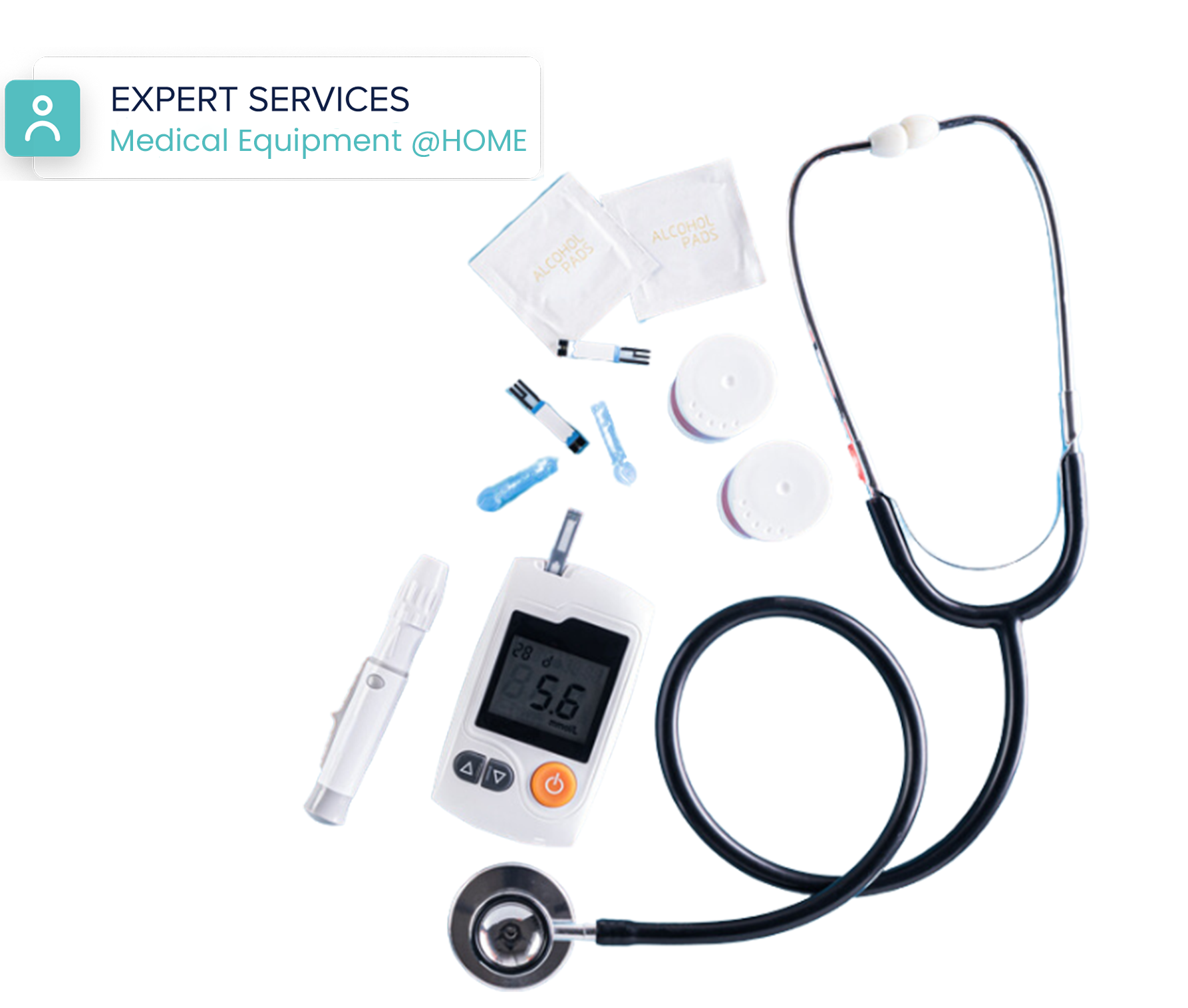Hi Guest Login
Upload Prescription

Home > Medical Equipments At Home

At MAX@Home, we simplify the process of accessing and using medical equipment by delivering high-quality, reliable devices directly to your home. Whether for recovery, monitoring, or ongoing treatment, our range of medical equipment is designed to support your health needs with the utmost convenience and effectiveness.

Read More
